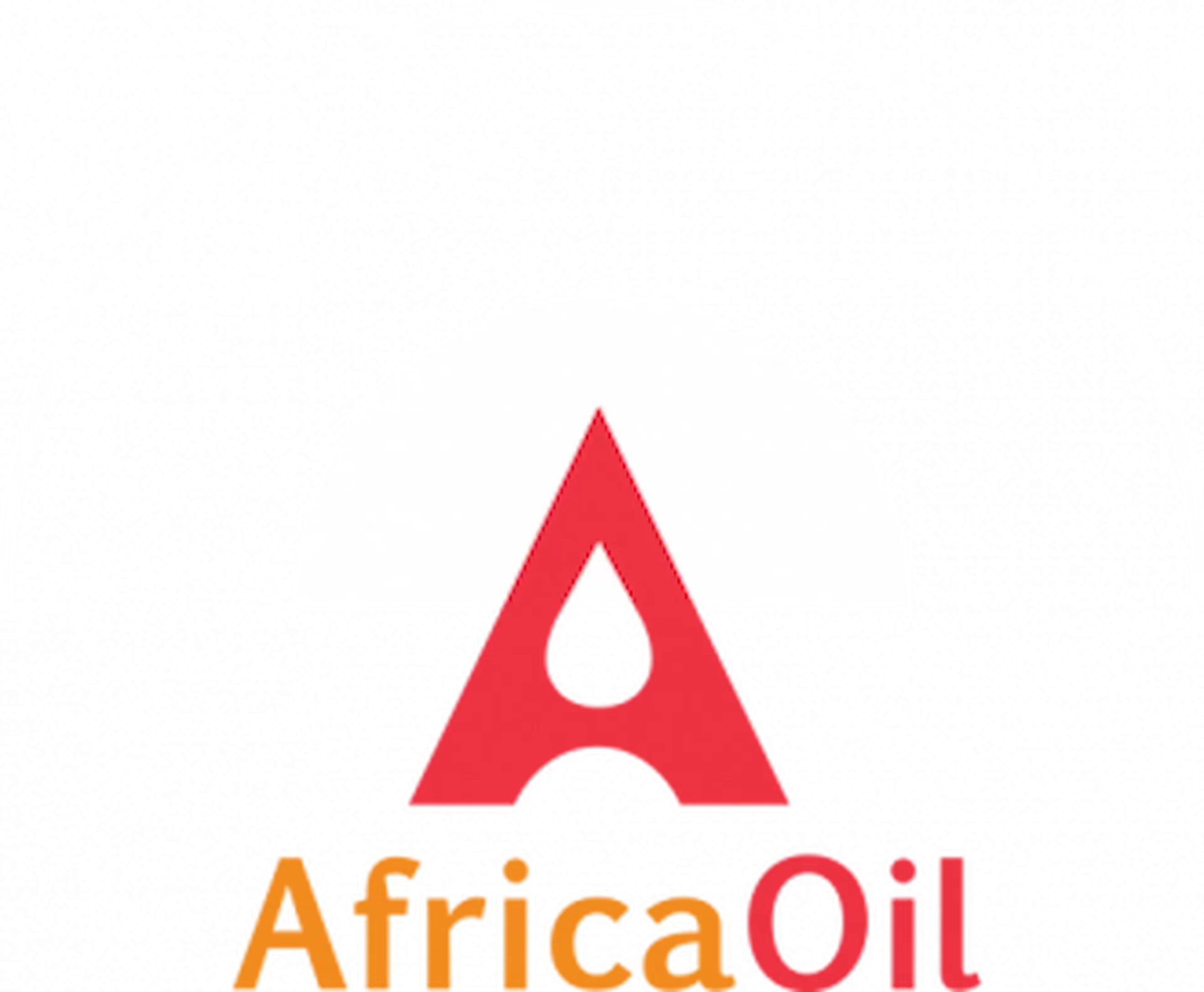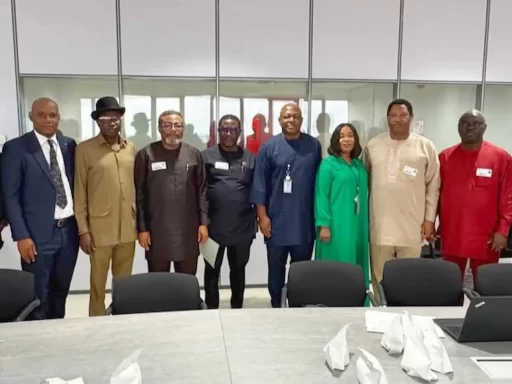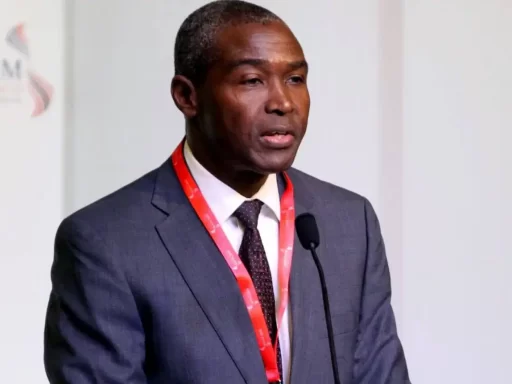Africa Moves Toward Harmonised Oil & Gas Regulations to Strengthen Regional Trade
By Naija Enquirer Staff
Energy regulators and industry leaders across Africa have called for harmonised policies, regional integration, and increased investments to drive sustainable growth in the continent’s oil and gas sector. The appeal was made at the 19th Oil Trading and Logistics (OTL) Africa Downstream Energy Week 2025 held on Wednesday in Lagos.
Fragmented Policies Hindering Growth
Speakers warned that inconsistencies in regulatory frameworks, energy standards, licensing practices, and tax regimes continue to undermine Africa’s market integration and economic competitiveness despite abundant natural resources. Sierra Leone’s National Petroleum Regulatory Authority Director-General, Mr. Brima Koroma, said Africa is at a “pivotal juncture” requiring coordinated regulation. He stressed that fragmented frameworks weaken investor confidence, restrict trade, and create pricing and supply inefficiencies.
Five-Step Pathway Toward Policy Integration
Koroma outlined a five-step path for regional energy alignment, including harmonised regulations, policy flexibility, and development of shared refineries and pipelines. “Our market is so closed that what we need is not more divergence but policy harmony,” he said, adding that unified frameworks would provide predictability, stability, and collective economic leverage.
Small Economies Stand To Gain
The Gambia’s Director of Petroleum at the Public Utilities Regulatory Authority, Mr. Musa Njie, emphasised that harmonisation is crucial for smaller economies that depend on petroleum imports. He said aligning national rules with ECOWAS directives will strengthen energy security, attract investment, and elevate The Gambia’s position as a regional energy hub. Njie also noted the country’s efforts to deploy digital inspection and testing systems to enhance fuel quality assurance.
Downstream Sector Key To Africa’s Transformation
Chief Executive Officer of OTL Downstream Development Africa Ltd., Mrs. Joyce Akabogu, highlighted the strategic role of the downstream sector in Africa’s economic transformation. “The downstream is where energy meets the people, where policy becomes impact, and where governance is most visible,” she said. Akabogu called for bold investments in refining, storage, and distribution facilities to reduce reliance on imported fuels and urged governments to harmonise regulations for seamless cross-border energy trade.
Call for Innovation and Sustainability
Akabogu stressed the need for skills development, cleaner technologies, and environmental sustainability, noting that regional value chains and innovation are critical to powering Africa’s energy transition. “If we align our infrastructure, policies, and talent, we can transform the downstream into a catalyst for sustainable growth,” she said.
With growing refining capacity and a push for continental integration, stakeholders believe that coordinated policy action and shared infrastructure could help Africa emerge as a competitive and sustainable global energy hub.







